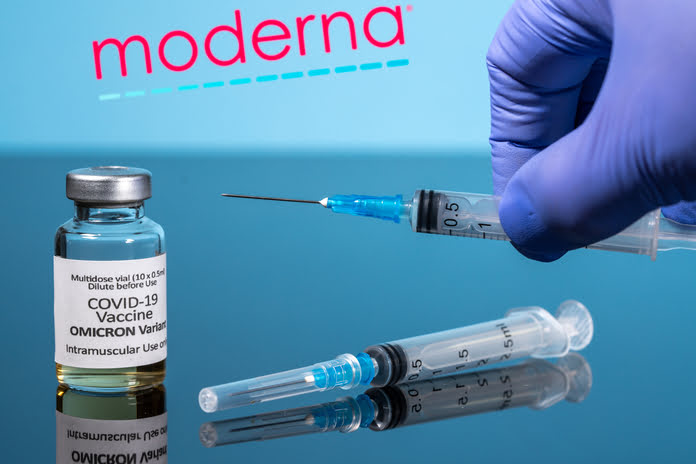Shares of healthcare provider Moderna (NASDAQ:MRNA) have dropped by more than 55% over the past year, while the S&P 500 has been down by only 4%. However, investors are starting to wonder how the company will do in the future, regardless of whether or not they sell the COVID-19 vaccine.
Moderna (NASDAQ:MRNA) has been sitting on billions of dollars in capital that it might use to make significant investments in the firm or perhaps make an acquisition to increase its market share. It has not found a satisfactory arrangement as of yet. The cost of buying a company may continue to rise as stock markets improve. Should we assume that Moderna has made a grave error?
There Has Been a Lot of M&A Activity From Other Corporations.
Price drops are one of the benefits of a bear market. As a result, investors can get their hands on high-quality equities at bargain prices, laying the groundwork for future growth and prosperity. Businesses can also similarly acquire other companies at considerably lower costs than in the past.
Recent months have seen several significant transactions in the healthcare sector. Amazon, the online retail giant, announced in July that it would purchase One Medical, a primary care provider, for $3.9 billion. Amgen intends to acquire ChemoCentryx, a biopharmaceutical firm, for $3.7 billion.
Pfizer, a competitor of Moderna’s, has been busy as of late as well, having only this month announced its intention to acquire Global Blood Therapeutics for $5.4 billion. It follows the company’s previous acquisitions of ReViral in June and Arena Pharmaceuticals in March.
What if Moderna Misses Out on a Chance?
Moderna (NASDAQ:MRNA) announced on June 30 that it had $18.1 billion in cash and investments. That’s a lot of capital that can be invested into making a deal happen. That, however, has not materialized. Management gave a handful of explanations on the most recent earnings call for why the company hasn’t made any splashy acquisitions.
One is that it has little interest in widening its scope too much. CEO Stéphane Bancel stated on the conference call, “Ultimately, our goal is to become the industry standard in nucleic acid production. We’ve already stated that we’re willing to explore areas of the nucleic acid space outside of mRNA. We welcome the opportunity to take on the role of the acquirer.” A rising or falling market would restrict Moderna’s ability to pursue an acquisition.
The second is that management clearly sees no other purpose for the cash besides buybacks. Bancel said on the call, “the announcement of a third repurchase plan today with a new $3 billion authorization by the board is a confirmation of the ability to return the cash if we cannot find good use in the company.” As a last resort, he did not rule out buybacks, but given the signs of market recovery, it seems unlikely that further promising opportunities will present themselves. Moderna (NASDAQ:MRNA) could have snatched up some sweet transactions in biotech by now, given the industry’s plummeting valuations and the S&P 500’s worst first half in decades.
Should Shareholders of Moderna Be Concerned?
Moderna (NASDAQ:MRNA) appears content to continue its focus on COVID, given that most of its third-stage pipeline is dedicated to COVID-19. This should serve as a warning signal to shareholders because it exposes the company to declines in value when COVID-related revenue ultimately levels off. The stock may seem inexpensive at a forward price-to-earnings ratio of 6. In any case, investors might merely be discounting it because of the future uncertainties.
Through sales of its COVID-19 vaccine, Moderna expects to bring in $21 billion by 2022. Next year, though, that figure is expected to plummet dramatically. It may be risky to own the stock at the moment if it doesn’t make an acquisition to diversify its businesses and reduce its reliance on COVID.
Featured Image: Megapixl @Steveheap
















